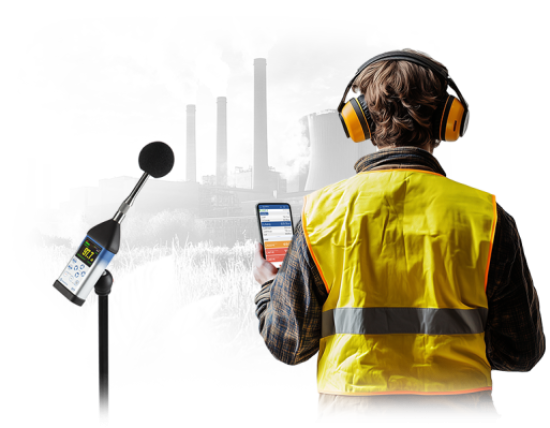Noise measurements in the UK
World-class experts in the field of sound and vibration measurements discuss everything there is to know about noise measurement.
The most important thing to know about measuring sound measurement is that it’s the transmission of energy through vibrating air particles, which is a form of vibration. As a result, sound measurements are concerned with changes in local air pressure caused by noise energy.
You can study the following topics in this section of the course:
BS EN 61672:1-2013 sound level meters and noise sampling
BS EN 61652 noise dosemeters and noise exposure
BS EN 61672 noise monitoring terminals and environmental noise monitoring
Join the academy and subscribe to our weekly updates!
